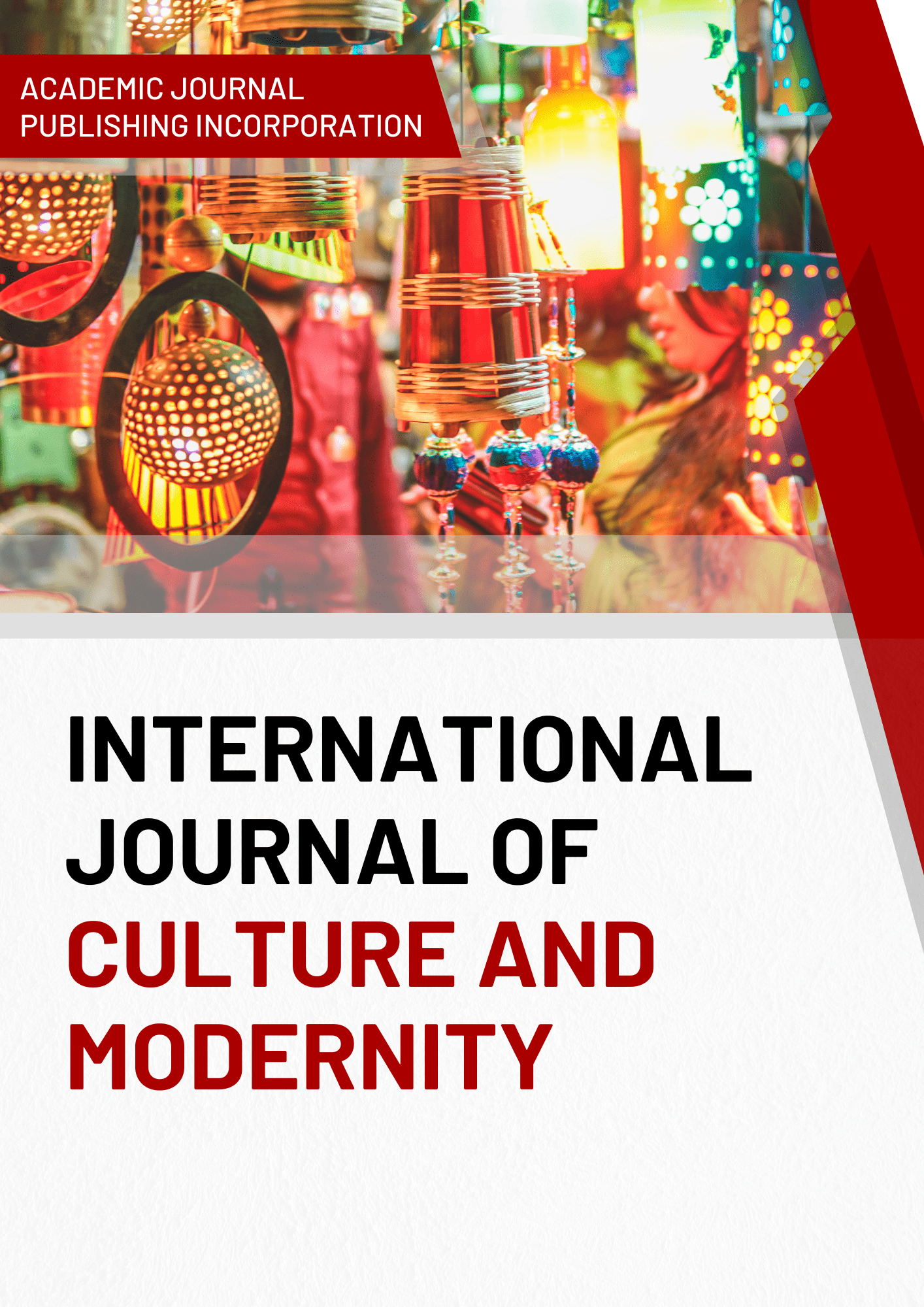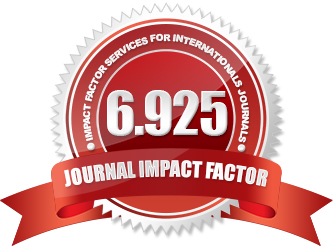Administration of Political Science Programme in Nigerian Public Universities: Problems and Solutions
DOI:
https://doi.org/10.51699/ijcm.v3i.24Keywords:
Administration, Political science, UniversitiesAbstract
Political science programme is one of the social science programme that public universities in Nigeria are offering. The programme is aimed to develop manpower that will fill the political super structure of the society and contribute to the social economic and political development of the country. It is unfortunate that political science as a programme offering in public universities in Nigeria is faced with many problems. This article discusses the problems facing the administration of political science programme in the Nigerian public universities. The article employed secondary data to review the points raised in the discussion. The secondary data were sourced from online and print materials. The following were identified: inadequate funding, inadequate infrastructural facilities, shortage of academic staff, ineffective staff development programme, brain-drain and poor research as the problems facing the administration of political science in the Nigerian public universities. To address these problems, the following were suggested that more funds should be allocated for the administration of political sciences, adequate infrastructural facilities should be provided, and employment of more academic staff, political science lecturers should be motivated to reduce brain-drain and effective staff development for lecturers in the department of political science.
References
Abdullah, Z., Ahsan, N. and Alam, S. S. (2009) ‘The Effect of Human Resource Management Practices on BusinessPerformance among Private Companies in Malaysia’, International Journal of Business and Management, Vol. 4,No. 6, pp. 65-78.
Ahaotu, G. N., &Ogunode, N. J. (2021)Challenges Facing Administrators of Public Higher Institutions in Nigeria and the Ways Forward. Central Asian Journal of Literature, Philosophy and Culture, Vol 2(2),p:27
Adejare B. O., Olaore G. O., Udofia E. E., Emola T. B. (2020) ‘Inefficiency Among Non-Academic Staffs in Nigerian Tertiary Institutions: the Role of Training and Development’, Journal on Efficiency and Responsibility in Education and Science, vol. 13, no. 2, pp. 56-66.
Basil A. A & Felix, D. N, Eno E,E. (2013)Lecturers’ Participation in Capacity Building Programmesin South-South Nigeria: Implications for SustainableDevelopment. Makerere Journal of Higher Education 4(2) (2013) 279 – 292 DOI: http://dx.doi.org/10.4314/majohe.v4i2.11
Charles P. A,Ijeoma A. A & John A. U (2010) Lecturers’ Access To Research Fund In Nigerian Universities: Challenges And Strategies For Improvement
Diefendorff, J. M., Richard, E. M., Dinh, P. V., and LeNoble, C. (2018) ‘Action-State Orientation at Work: Dynamic Effects in Organizational Contexts’, in N. Baumann, M. Kazén, M. Quirin, and S. L. Koole (eds.) Why people do the things theydo: Building on Julius Kuhl’s Contributions to the Psychology of Motivation and Volition, p. 303-321, Boston, MA: HogrefePublishing.
Ehichoya E &Ogunode N, J (2020)Teaching Programme in Nigerian Higher Institutions: Challenges of Implementation and Way Forward. American Journal Of Social And Humanitarian Research, Vol. 1, No.5, p:82-102
Ebehikhalu N, O &Dawam P, (2017) Inadequacy of Teaching and Learning Infrastructure: Reason Nigerian Universities cannot Drive Innovations. Australian Journal of Education and Learning Research SCIE Journals
Likoko S., Mutsosto S., and Nasongo J. (2013). “The Adequacy of Instructional Materials and physical Facilities and their Effects on Quality of Teacher Preparation in Emerging Private Primary Teacher Training Colleges in Bungoma County, Kenya”. International Journal of Science and Research (IJSR), India Online. Volume 2, Issue 1; 403-408
McLean, I., and McMillan, A. (1996): Oxford Concise Dictionary of Politics: Oxford University Press London
MaziMbah, C.C. (2007) Foundations of Political Science: Rex Charles & Patrick Publications,Nimo,Anambra-Nigeria; 13-14
Ogunode N,. J,Abubakar,. L. &Ajape T,. S. (2021)Evaluation of Causes of Inadequate Funds in Nigerian Public Universities Middle European Scientific Bulletin, VOLUME 9,p:92
Ogunode,N,. J &Jegede,. D,. (2021) Evaluation of Factors Responsible for Inadequate Infrastructural Facilities in Public Universities in North Central Nigeria.
Ogunode, N,. J &Adamu,. G,. D (2021) Shortage of Academic Staff in the Higher Institution of Learning in Nigeria AJEBM, Vol. 4, №2
Obeidat, B. Y., Masa’deh, R., and Abdallah, A. B. (2014) ‘The Relationships among Human Resource Management Practices, Organizational Commitment, and Knowledge Management Processes: A Structural Equation Modeling Approach’, International Journal of Business and Management, Vol. 9, No. 3, pp. 9-26. http://dx.doi.org/10.5539/ijbm.v9n3p9
Udeaja, E. A. (2005). Appraisal of the 2004 Budget with Emphasis on Basis Social Services in Nigeria. Nigerian Journal of Economic and DevelopmentMatters, 4(1), 72-85.
Smah, O. S. (2007). Violent campus cultism: Implication for university management. In J. B. Babalola and B. O. Emunemu (eds). Issues in higher education: research evidence from sub-sahara Africa. Lagos: Bolabay Publication..
Downloads
Published
How to Cite
Issue
Section
License
Copyright (c) 2021 Ogunode Niyi Jacob, Ishaya Samaila Atobauka

This work is licensed under a Creative Commons Attribution 4.0 International License.






